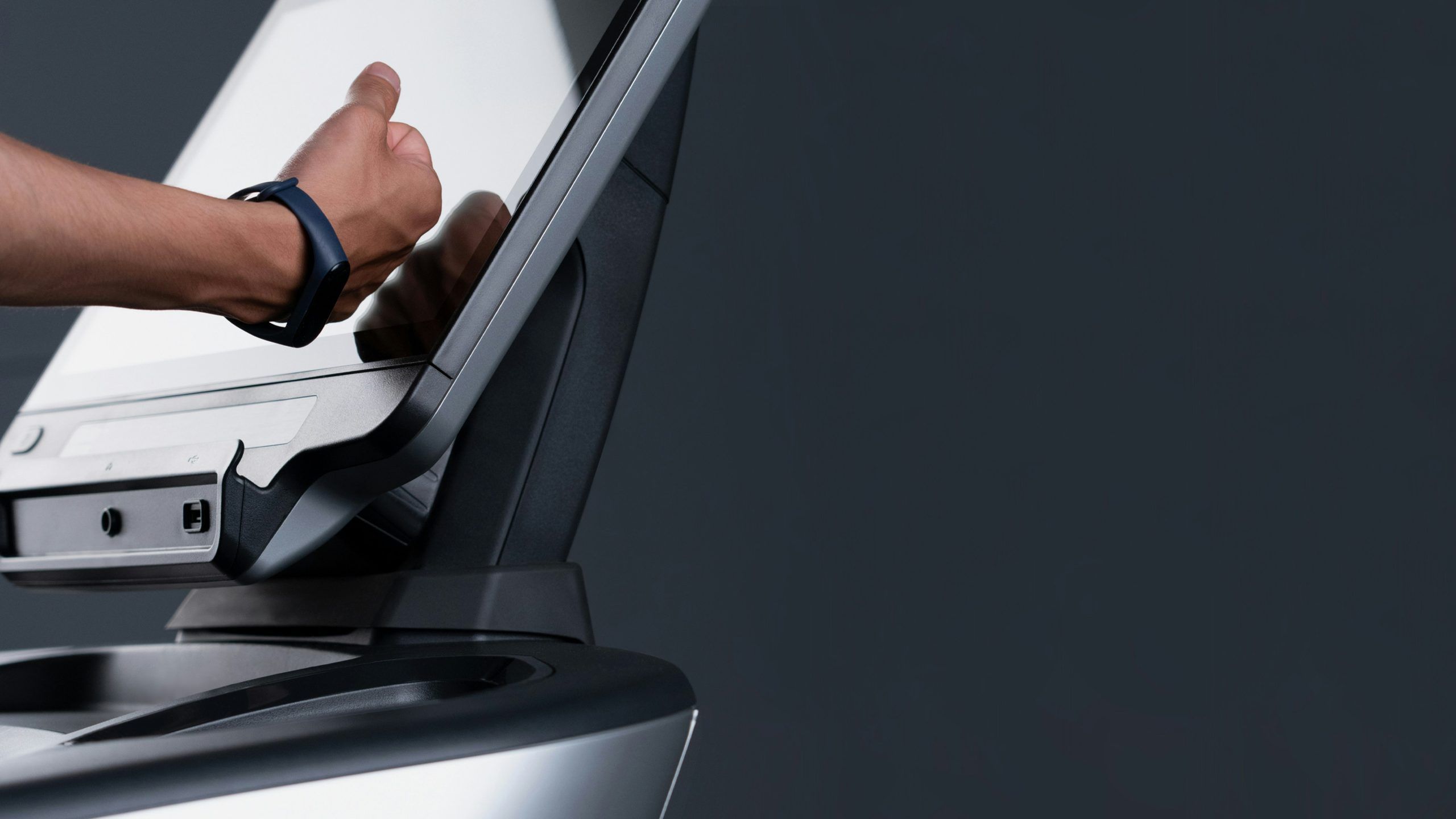The use of RFID (Radio Frequency Identification) technology has seen a rise across sectors, transforming businesses’ operations. While commonly linked with managing supply chains and tracking inventory, RFID offers a range of advantages that go beyond monitoring. In this article, we will delve into the benefits that organizations can enjoy by incorporating RFID technology.
Improved Inventory Control
Accurate inventory tracking is essential for any business. One of the benefits of RFID tracking is that it allows for real-time monitoring of stock levels. It also provides insights into how inventory moves, helping companies optimize their supply chain activities. By attaching RFID tags to products or packaging, businesses can easily pinpoint items within warehouses or retail spaces, reducing the time spent on searches and speeding up order processing.

Streamlined Workflow Procedures
RFID technology streamlines and automates aspects of workflow processes. For instance, in manufacturing facilities, RFID tags can be integrated into production equipment to gather real-time data on performance metrics and maintenance requirements. This enables maintenance scheduling and minimizes downtime due to unforeseen equipment breakdowns. Additionally, organizations can utilize RFID-enabled employee badges to track work progress, ensuring accountability and enhancing efficiency.
Improved Security Measures
RFID plays a role in enhancing security measures across sectors. Traditional barcode systems require line-of-sight scanning, while RFID readers can gather information from a distance without needing to see or touch the tagged item. This allows access control systems using RFID to efficiently manage entry into areas by either granting or denying access based on authorized identification credentials.
Enhanced Customer Experience
Integrating RFID tracking technology can significantly improve the customer experience by simplifying interactions throughout their journey. For example, in retail settings, customers can enjoy checkout processes using self-service kiosks equipped with RFID readers that instantly scan all their items at once instead of scanning each product’s barcode individually.
Furthermore, by linking product data with customer preferences via RFID technology, businesses can personalize shopping experiences. Customers may receive product suggestions or discounts tailored to their style preferences or past purchases in a clothing store with RFID tags integrated into garments.
Asset Tracking
Beyond managing inventory, RFID technology’s ability to track assets is valuable across a range of industries. Whether it involves monitoring equipment, tracking luggage at airports, in healthcare facilities, or overseeing construction tools at job sites, RFID tags provide real-time visibility of asset locations and statuses. This results in reduced asset loss or misplacement, leading to cost savings from asset utilization and maintenance planning.
Improved Visibility in the Supply Chain
RFID technology offers visibility in the supply chain by collecting data at every stage of the logistics process. From manufacturing to delivery, RFID tags continuously capture details such as temperature and handling conditions. This guarantees the security and quality of products during transportation while facilitating the identification and resolution of any other issues.
Combating Counterfeiting and Fraud
The presence of counterfeit goods can pose threats to brand reputation and consumer safety. Utilizing RFID technology’s features can effectively address counterfeiting challenges. By embedding identifiers in RFID tags on items, companies can verify authenticity across the supply chain by confirming these identifiers with readers.
Moreover, when combined with blockchain-based authentication systems, these methods create a history of product origin, promoting transparency and responsibility in supply chains.

Sustainability and Environmental Benefits
Integrating RFID technology can also benefit the environment. By enabling organizations to monitor inventory, RFID aids in reducing waste and excess stock levels, thereby minimizing unnecessary production or storage requirements. Moreover, RFID technology has the potential to optimize transportation routes, leading to fuel savings and a decrease in greenhouse gas emissions.
End Note
Although tracking functions are a standard use of RFID technology, businesses can reap rewards from its diverse benefits beyond just managing inventory. By enhancing processes, elevating customer satisfaction levels, and bolstering security protocols, integrating RFID technology can empower organizations to boost efficiency while staying ahead in today’s dynamic business environment.





